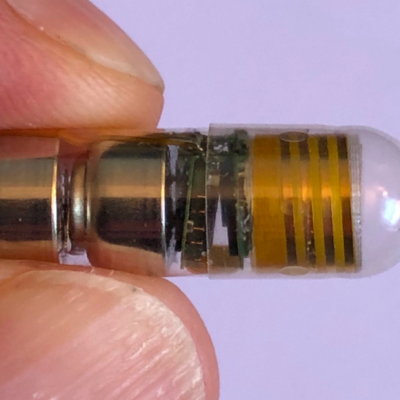A new method for detecting Covid-19 has been developed by scientists at the University College London (UCL). The Phone Screen Testing (PoST) method requires only a swab from the smartphone screen of a potentially infected person. According to a study published in the journal eLife, the accuracy of the PoST method is comparable to that of the best antigen rapid tests. Clinical trials have shown that the PoST method can detect virus carriers who have tested positive for PCR tests using nasal swabs. The PoST method has several advantages over PCR tests, including ease of use, lower cost, and no need for medical personnel. The new test method is particularly suitable for countries where regular testing of the population has been prohibitively expensive.
Antigen and PCR tests have been widely used to detect Covid-19, but they require uncomfortable swabs and are too time-consuming to test large groups of people quickly. Regular testing is one of the most effective measures to prevent new infections with SARS-CoV-2, in addition to a high vaccination rate. The PoST method developed by the UCL scientists is a simple and cost-effective alternative to traditional testing methods. The PoST method can be used without medical personnel, making it easier to test large groups of people quickly. The PoST method is also an environmental test, not a clinical test, so it is not subject to the strict regulations of medical device regulations.
The PoST method has already been used in Chile, where the team’s leader, Rodrigo Young, has founded a start-up called Diagnosis Biotech. The company aims to conduct Covid-19 screenings in companies and schools across Chile to prevent further outbreaks of the disease. Diagnosis Biotech is currently developing a device that automates the sample collection process. The test results will be sent to individuals via SMS within a short period of time. The PoST method has the potential to revolutionize Covid-19 testing, making it more accessible and affordable for people in countries where regular testing has been difficult to implement.










